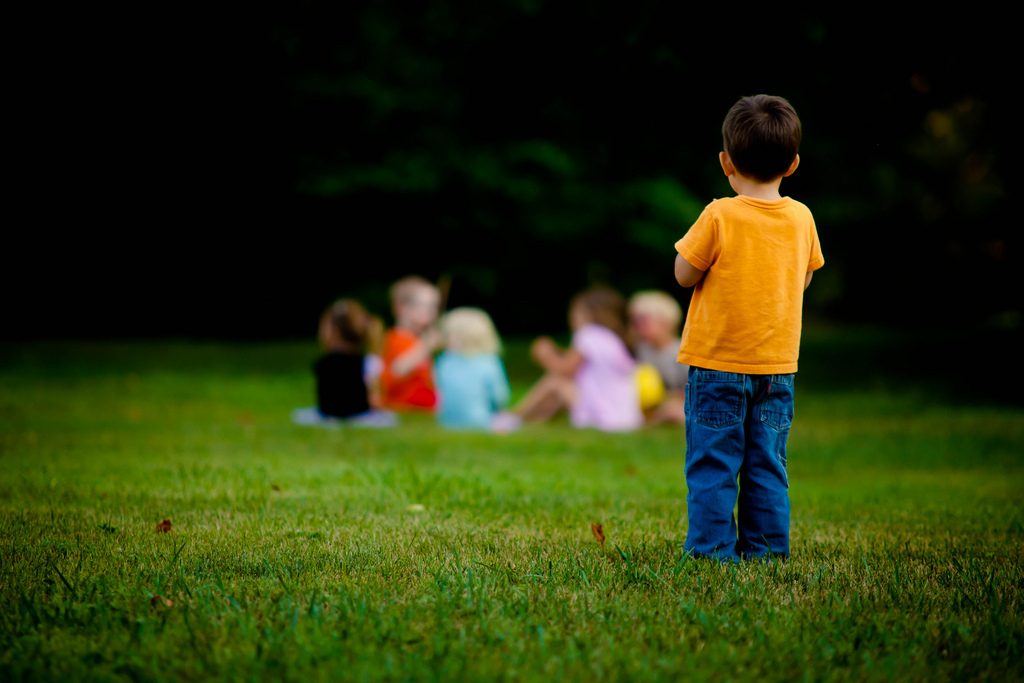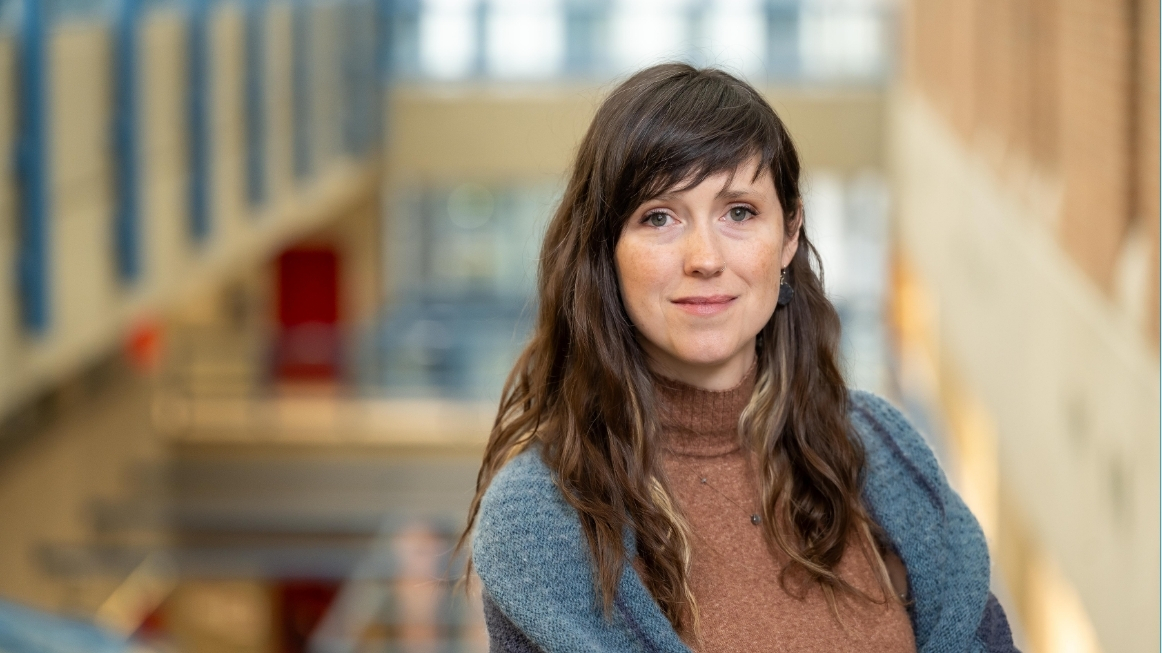

For children with ADHD, symptoms like impulsivity, inattention, and hyperactivity can make it difficult to make friends.
Alex bounces a ball by himself while his classmates play an exciting game of kickball. Alex’s classmates didn’t want him to join their game, because Alex forgets the rules, doesn’t notice when others are upset, and he tells others what to do. Alex has Attention-Deficit Hyperactivity Disorder (ADHD).
It’s no secret that childhood friendships can have a significant influence on the rest of our lives. Most adults, for example, can still remember who their best friends were when they were growing up. In addition to their sentimental value, psychology research tells us that these early peer relationships are crucial for feeling comfort and companionship as well as learning valuable social skills, such as sharing and compromising.
However, building friendships may not come naturally for children with ADHD. Their parents need to know how to talk to their child about peer problems – and how to help them with social issues. Dr. Amori Mikami, director of the Peer Relationships Lab and associate professor in the Department of Psychology at UBC, has a special interest in designing interventions that teach parents strategies to assist children with peer problems. And now, she’s specifically looking at children with ADHD.
As part of a study, the Peer Relationships in Childhood Lab is offering a free parent group for families of children ages 6-11 years who have diagnosed or suspected ADHD/ADD and poor social skills. Parents will have the chance to learn about social problems and how to help their child build friendships.
Dr. Mikami says parents often feel as though they have no idea how to help their children with social issues. “Some parents say that their children have noticed and are upset by the fact that they don’t have many friends, and parents wonder what to say in response,” says Dr. Mikami. “Children feel incredibly relieved to know that their parents love them unconditionally, even when peers are rejecting them. The fact that you are there for them is a big help.”
About the study
Families of children with ADHD receive 10 weeks of parenting support groups. The purpose of the groups is to help parents learn more about their child’s ADHD and social problems, to receive social support from other families experiencing the same concerns, and to help parents better handle these issues in their children.
Groups meet on a weekday evening at a time that is convenient for parents. Groups are held at the Vancouver Coastal Health Sunrise site (2750 Hastings Street East, Vancouver) and free childcare is provided if needed.
For more information or to sign up, please contact 604-822-8756 or peerlab[at]psych.ubc.ca or visit peerlab.psych.ubc.ca/for-families.


